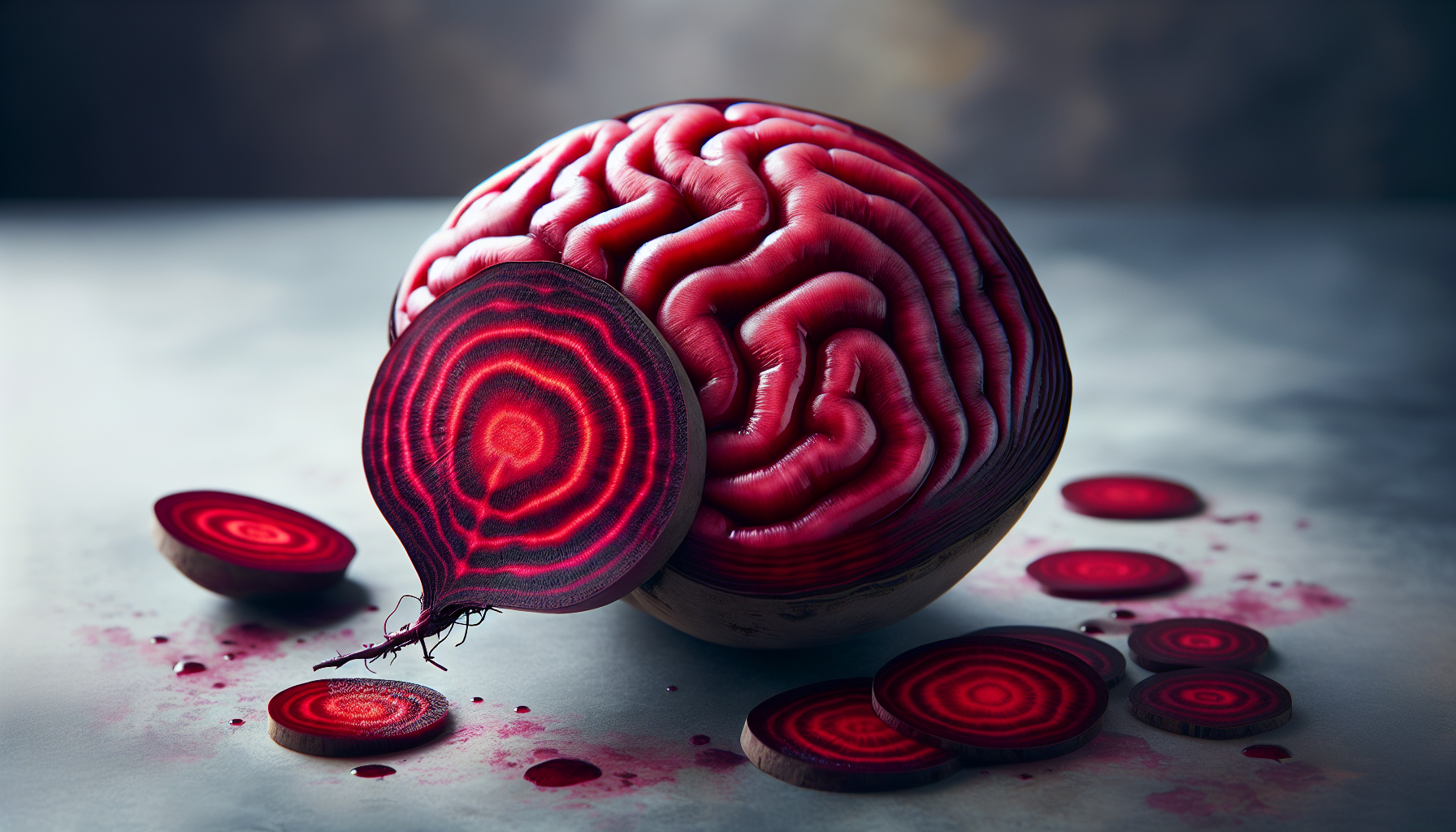What do you really know about how your gut influences your brain?
Understanding the connection between your gut and brain can feel like navigating a complex maze. The latest research has unearthed fascinating revelations, particularly focusing on the gut-brain axis and how disruptions, caused by various factors like oxalate buildup, can have unexpected effects on your well-being. So, let’s unpack this intricate partnership and how it relates to something as seemingly simple as your diet.
What Is the Gut-Brain Axis?
The gut-brain axis is a bidirectional communication system linking your gastrointestinal tract to your central nervous system. This connection plays a crucial role in regulating your emotions, behavior, and even cognitive functioning. Imagine it as a conversation happening between your tummy and your brain—one that significantly influences everything from your mood to your immune response.
The Role of Microbiomes
Within your gut, trillions of microorganisms coexist, forming what’s known as the gut microbiome. These tiny yet mighty beings play a critical role in this communication pathway. They can affect your brain function and emotional health by producing neurotransmitters, hormones, and other compounds. A healthy microbiome leads to a well-functioning gut-brain axis, while a disturbed microbiome can significantly impact your mental health.
What Are Oxalates?
Now, let’s steer into the discussion on oxalates. Oxalates are naturally occurring substances found in various foods, particularly in plant-based sources. Think of them as protective compounds for plants, often acting as natural pesticides. However, when consumed in excessive amounts, they can lead to problems in your body, particularly in your gut and brain.
Common Sources of Oxalates
You might be surprised to find out that many healthy foods contain oxalates. This list includes:
- Spinach
- Rhubarb
- Beets
- Nuts (particularly almonds)
- Tea and chocolate
In moderation, these foods are generally perfectly fine for most people and can contribute positively to your diet. However, if they are consumed excessively, or if your body has difficulty processing them, they can build up and lead to disruptions in your gut health.

The Shocking Effects of Oxalate Buildup
When oxalates accumulate in your body, they can stick around and cause a slew of issues. This is especially true for individuals with certain predispositions.
Calcium Oxalate Stones
One of the most notorious outcomes of oxalate buildup is the formation of calcium oxalate stones in the kidneys. These stones can cause significant pain and may lead to a host of other health complications.
Impact on Gut Health
Excessive oxalates can disrupt the gut microbiome, leading to dysbiosis (an imbalance in gut bacteria). This can manifest as digestive issues, inflammatory bowel disease, and even increased intestinal permeability, commonly known as “leaky gut.”
Psychological and Neurological Effects
Often overlooked are the psychological impacts of gut health. A disrupted gut can manifest as anxiety, depression, and brain fog, which are often tied to how well your microbiome communicates with your brain.
How Oxalate Disrupts the Gut-Brain Axis
Let’s break this down further. When oxalates build up and affect your gut health, they can also disrupt the gut-brain axis.
Inflammation Response
Oxalate buildup can lead to inflammation in your gut, which may extend to your brain. Inflammation is the body’s natural response to harm, but chronic inflammation can lead to serious health issues, including psychological distress.
Altered Neurotransmitter Production
Your gut microbiome is responsible for producing various neurotransmitters, including serotonin, often referred to as the “happiness hormone.” If high oxalate levels disturb your gut microbiome, it can hinder the production of these critical mood-regulating chemicals.
Changes in Hormonal Balance
The gut also plays a crucial role in hormonal balance, which influences your mood and stress levels. The relationship between gut health and hormone regulation is complex; disruptions can lead to feelings of anxiety or depression.

Who Is at Risk?
Not everyone will experience negative effects from oxalate buildup in the same way. Understanding who’s at greater risk is essential.
Individuals with Preexisting Conditions
If you have conditions like Crohn’s disease, irritable bowel syndrome (IBS), or kidney problems, you might be more susceptible to the harmful effects of oxalates. These conditions already put stress on your gut, making it harder to manage additional compounds.
Genetic Predisposition
Some individuals have genetic factors that make them less efficient at breaking down oxalates. If your body struggles to process these compounds naturally, you may face greater risks of adverse effects.
Dietary Choices
Your food choices play a significant role in how much oxalate you consume. A diet high in oxalate-rich foods, especially if not balanced with calcium (which can help bind oxalates), can contribute to toxicity.
Recognizing Symptoms of Oxalate Buildup
It’s essential to listen to your body. Recognizing symptoms of oxalate toxicity can help you take action before things escalate.
Digestive Issues
Common signs include bloating, gas, and general discomfort in your stomach. These symptoms can be triggered by an imbalance in your gut.
Joint Pain
Oxalates can sometimes crystallize in joints, leading to painful swelling and discomfort. If you notice new joint pain, it might be worth considering dietary factors.
Mood Swings and Cognitive Changes
If you find yourself feeling more anxious or down than usual, it could directly relate to the state of your gut health. Don’t hesitate to connect the dots between what you eat and how you feel.

Dietary Adjustments for Gut Health
So, what can you do about it? Making informed dietary choices will help support your gut health and minimize the risks associated with oxalate buildup.
Reduce High-Oxalate Foods
Start by identifying and limiting high-oxalate foods in your diet. This doesn’t mean you need to eliminate them completely, but moderation is key.
| High-Oxalate Foods | Suggested Alternatives |
|---|---|
| Spinach | Kale or Swiss chard |
| Almonds | Sunflower seeds |
| Beets | Carrots or yellow squash |
| Dark chocolate | White chocolate or fruit |
Increase Calcium Intake
Incorporating calcium-rich foods can help bind and eliminate oxalates from your body. Consider adding dairy products, leafy greens, or fortified alternatives to your meals.
Stay Hydrated
Water plays a crucial role in flushing out toxins. Aim for adequate hydration to help your kidneys process oxalates efficiently.
Restoring Gut Health
If you find that your gut health has been compromised, consider steps to restore balance.
Probiotics and Prebiotics
Adding probiotics (live beneficial bacteria) and prebiotics (food for those bacteria) to your diet can enhance gut flora. You can find probiotics in fermented foods like yogurt, sauerkraut, and kombucha, while prebiotics are abundant in fiber-rich foods like bananas and asparagus.
Mindful Eating
Take time to enjoy your meals and be mindful of how different foods affect your body. This can help you recognize patterns related to your dietary choices and the way they impact your gut health.
Stress Management
Mental health is tightly woven into the fabric of gut health. Techniques like meditation, yoga, and controlled breathing can help reduce anxiety and improve your overall well-being.

Consulting Healthcare Professionals
Sometimes, you might need a little extra support. Consulting with healthcare professionals, like a registered dietitian or a gastroenterologist, can help tailor a plan that suits your individual needs.
Diagnostic Tests
If you’re experiencing severe symptoms, your doctor might recommend tests to assess oxalate levels in your urine or evaluate your gut microbiome.
Personalized Solutions
The one-size-fits-all approach seldom yields the best results when it comes to health. Working alongside professionals can help you identify specific dietary patterns that support your gut-brain axis better.
Final Thoughts: Nurturing the Gut-Brain Connection
The rich tapestry of your gut health and brain function is a relationship worth nurturing. When disruptions occur, such as those caused by oxalate buildup, it can ripple through various aspects of your life, impacting both physical and mental health.
By being proactive in your dietary choices, recognizing symptoms, and seeking professional support when needed, you can reclaim control over your well-being. Remember, the gut-brain axis isn’t just about the food you eat; it’s about how you listen to your body, respond to its needs, and foster a harmonious balance between your gut and your mind.
Over time, these small changes can lead to significant improvements, empowering you to lead a healthier, more fulfilling life. Embrace the journey and take a step toward understanding the profound connection between your gut and your brain. Your body will thank you for it.


